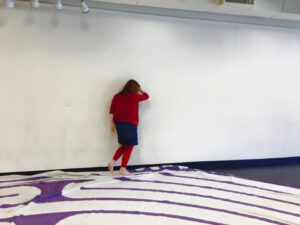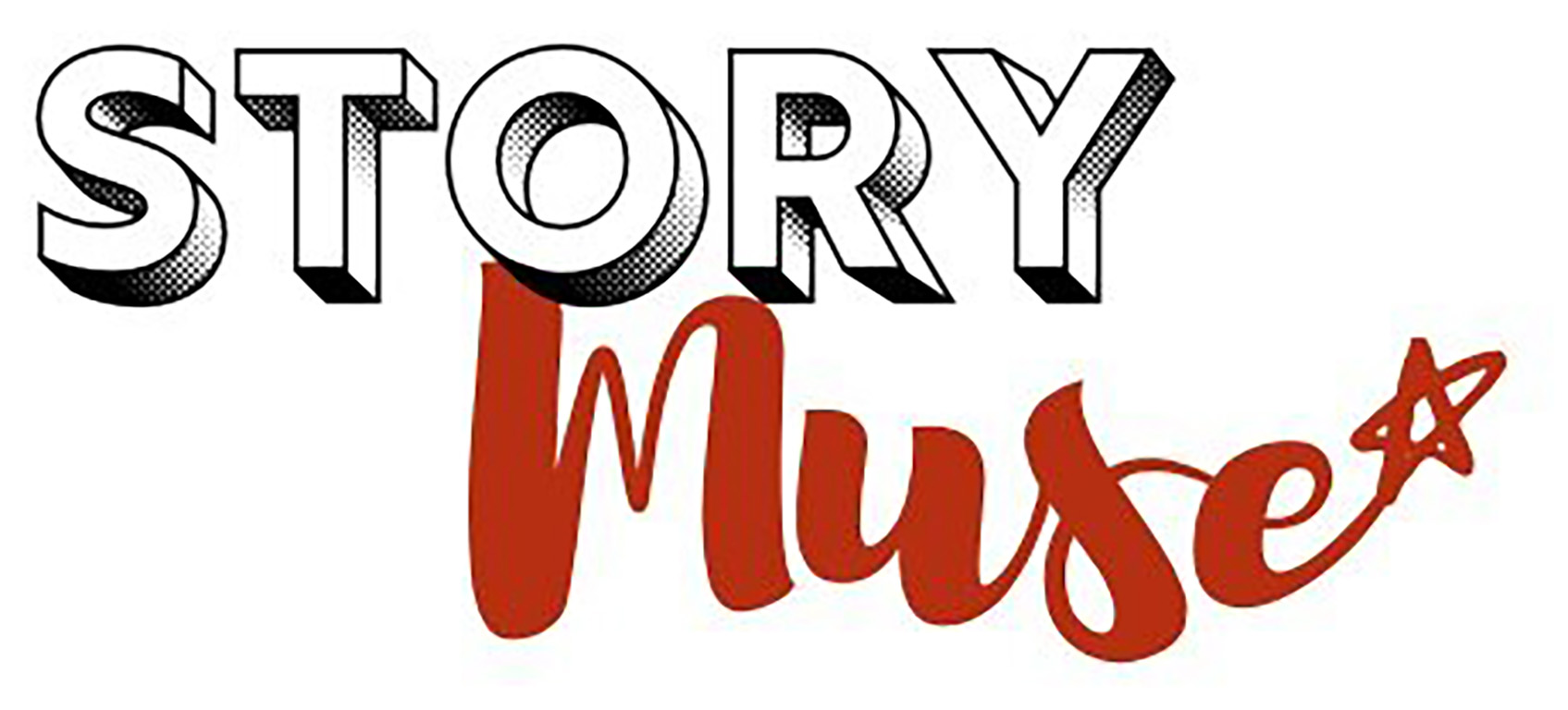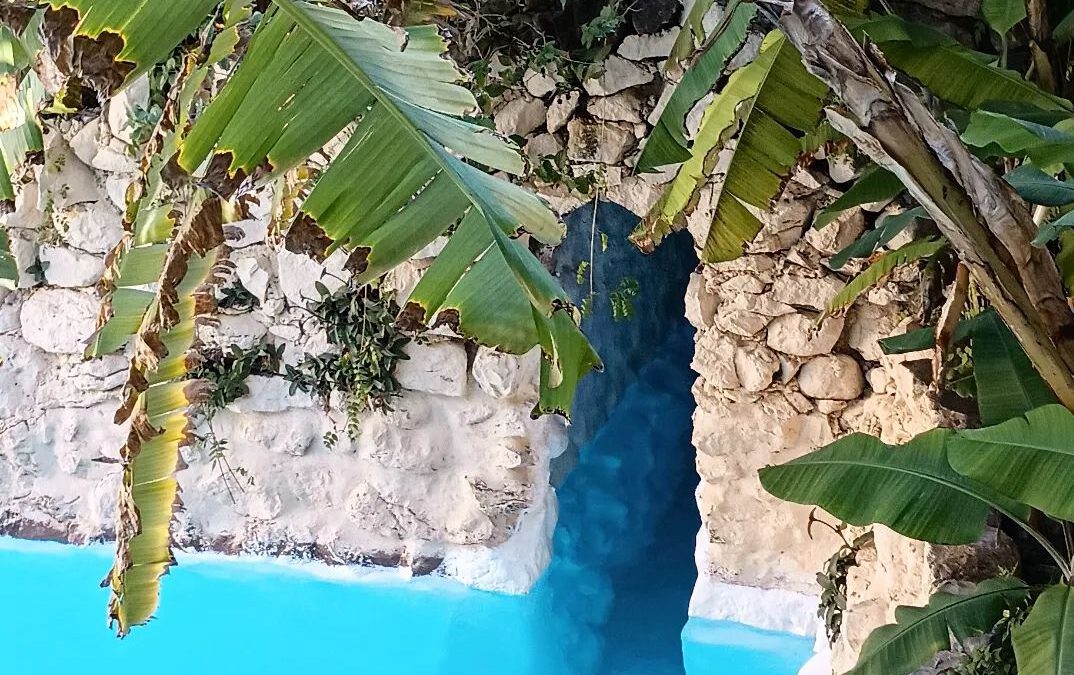 Yesterday, Mother’s Day, I reposted to my social media this previous blog about my journey with ambivalence around having children. I could tell from people’s reactions and website traffic that it hit a nerve.
Yesterday, Mother’s Day, I reposted to my social media this previous blog about my journey with ambivalence around having children. I could tell from people’s reactions and website traffic that it hit a nerve.
I wanted to revisit the material because the grief had come up for me again last week quite suddenly, sharply.
A friend and I have been meeting weekly to go through the Self-Guided Embodiment Basics Course from Prentis Hemphill‘s academy, The Embodiment Institute. If you’re unfamiliar, Prentis Hemphill (they/them pronouns) is most famous for the oft-quoted notion that “boundaries are the distance at which I can love you and me both.” I’ve enjoyed listening to them as a guest on podcasts like Hurry Slowly, and now am a devoted follower of their podcast, Finding Our Way.
Hemphill focuses on embodiment as a direct address of white supremacy culture and patriarchy. The effects of these structures live in our bodies in very real and tangible ways. We may suppress the feelings in our bodies, pretend they are not there. However, the symptoms of suppressed rage and grief are still there, whether we acknowledge them or not. I’ve come to appreciate this as an inexorable truth. As I rankle with my own experience of whiteness, I’ve been paying particular attention to my internalized scripts around conflict. Picture a child holding her fingers in her ears, going, “Lalalalalala, I can’t hear you.” That’s pretty much how I’ve dealt with conflict (which is sometimes not conflict at all, but rather a person merely being assertive or drawing a boundary).
Last week, I listened as Prentis guided us through a meditation about allowing ourselves to feel. Lying on the floor, I used my hands as if they were ears, asking various parts of my body to tell me their stories, what they were holding onto. My knees told me they were achy, but in a good way, from all the dancing and running. My throat told me I need to get back to telling my own stories, not just coaxing them out of others. My heart told me that it’s deeply tired of all the senseless shootings across our country, exhausted from carrying not a small amount of anxiety just to go into a grocery store or theater. When my hands landed on my low belly, I instantly burst out crying. My womb told me that I had not fully contended with my grief over not having had children and (connected) still being single.
Obviously, since I wrote the original piece four years ago, this idea was not new to me. What was new, however, was feeling the full force of that message from my body, rather than merely intellectualizing it or putting on filters for other people. I let myself cry as long as I needed and came out the other side feeling cleansed. I won’t say that it made me able to cleanly pack the feeling away, as I remained in a bit of a shadow from it for a few days.
By letting the feeling fully express, however, rather than continuing to turn my back on it, I honored it, giving the breath it needed.
I have such strong memories of myself as a child, crying about some hurt, real or perceived, and my father turning his eyes away, saying sternly: “Dry. It Up.” It would always make me want to cry harder. I think this is what happens to us as adults. We get all sorts of messages that our messiness, our emotions–the ones that live in our bodies, not just in our heads as we’d like to think–are too much to be shared.
In a remarkable synchronicity from the universe, last week a friend sent me this quote by the luminous Joy Harjo, our former Poet Laureate. (The first indigenous person to serve in the role.)
“We are all here to serve each other. At some point we have to understand that we do not need to carry a story that is unbearable. We can observe the story, which is mental; feel the story, which is physical; let the story go, which is emotional; then forgive the story, which is spiritual, after which we use the materials of it to build a house of knowledge.”
Harjo’s words beautifully illustrate the deep knowledge that was already bubbling up and through me. I will not avert my eyes. I’m no longer willing to clean up for appearances, to pack away my too-muchness for anyone else, nor to pretend something’s not happening when it clearly is.
I hope, wherever you are, you are able to practice courage and vulnerability today.

